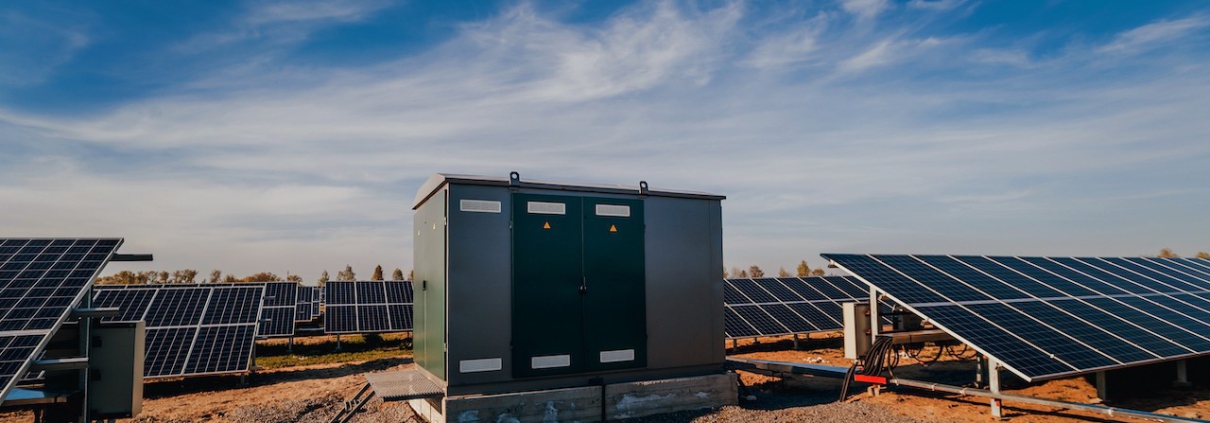High Quality Industrial Energy Storage Systems: What Sets Them Apart and How to Choose the Right One
Introduction: Why Quality Matters in Industrial Energy Storage
Industrial energy storage systems are no longer optional add-ons for large facilities—they have become a strategic asset. Factories, data centers, and commercial parks increasingly depend on these systems not just for backup, but for peak shaving, renewable integration, and long-term operational resilience.
However, not every storage system is created equal. While the market is flooded with options, the difference between a standard system and a high quality industrial energy storage system can mean the difference between a decade of reliable service and recurring downtime costs. This article explores what defines “high quality,” why it matters, and how decision-makers can identify the right system for their needs.
What Defines a High Quality Industrial Energy Storage System?
When evaluating storage solutions, “high quality” should not be a vague marketing term. Instead, it is measurable and linked to critical performance and reliability factors:
- Battery Lifespan and Chemistry
- High quality systems typically use advanced lithium-ion chemistries such as LFP, offering 3000+ cycles with stable performance.
- Lower-grade options may promise lower upfront costs, but suffer from early degradation and higher total cost of ownership.
- System Efficiency and Round-Trip Performance
- Top-tier systems achieve >95% round-trip efficiency, minimizing energy losses and improving ROI.
- Efficiency directly impacts energy savings, especially in long-duration or frequent cycling applications.
- Safety and Compliance Standards
- Certification under UL, IEC, and NFPA standards is a non-negotiable requirement.
- Advanced safety measures like fire suppression, thermal runaway prevention, and intelligent fault detection are indicators of a high quality system.
- Scalability and Modularity
- A reliable system should grow with your business. Modular design enables facilities to scale from a few hundred kWh to several MWh without system redesign.
The Role of Intelligence: Why Smart Management Is Non-Negotiable
One of the defining traits of a high quality industrial ESS is intelligence at the system level. This includes:
- Remote monitoring and control through cloud platforms.
- Predictive maintenance powered by AI/analytics.
- Seamless integration with on-site renewables or microgrids.
These capabilities are what transform storage from a passive asset into an active contributor to energy optimization. For businesses evaluating full-stack solutions, exploring purpose-built industrial & commercial energy storage solutions is a practical way to understand how modular hardware and intelligent software combine to deliver long-term reliability.
Industrial Use Cases Where Quality Is Critical
Not all applications have the same tolerance for risk. In some environments, quality is not a “nice-to-have” but a fundamental requirement:
- Data Centers: Zero tolerance for downtime, requiring UPS-grade integration and fast-switching storage systems.
- Factories and Manufacturing Parks: Heavy machinery needs stable energy supply; poor quality storage risks production halts.
- Renewable Integration: Wind and solar variability demand highly efficient, responsive storage systems.
- U.S. Market Context: Industrial and commercial operators in the U.S. are increasingly leveraging high-quality energy storage products to optimize energy costs and enhance operational resilience. For a comprehensive analysis of the product landscape, trends, and market outlook, see: U.S. C&I Energy Storage Products Market Insights.
How to Choose the Right High Quality System
When selecting an industrial energy storage solution, decision-makers should approach it like a long-term capital investment:
- Clarify Your Primary Use Case
- Backup, peak shaving, renewable integration, or frequency regulation? Each has unique performance priorities.
- Evaluate Lifecycle Cost, Not Just CAPEX
- A low upfront cost system with a short lifespan is rarely cheaper in the long run.
- High quality systems may cost more initially but reduce replacement and maintenance expenses.
- Assess Service and Support Infrastructure
- Strong after-sales service, warranties, and local support networks are as critical as the hardware itself.
- Verify Supplier Credentials
- Established suppliers with proven track records in industrial deployments bring lower risk compared to newcomers with limited installations.
Conclusion: Investing in Quality Pays Off
In the industrial landscape, energy storage is more than just a backup—it is a key enabler of operational stability, energy cost optimization, and sustainability goals. High quality industrial energy storage systems stand apart because they deliver consistent performance, long lifespans, and intelligent control that standard systems often lack.
By prioritizing quality, intelligent management, and proven supplier solutions, industrial operators can secure a reliable, future-proof energy storage system. For practical guidance on modular and integrated deployments, explore our industrial & commercial energy storage solutions, and for market insights specific to the U.S., refer to the U.S. C&I Energy Storage Products Market Insights.


